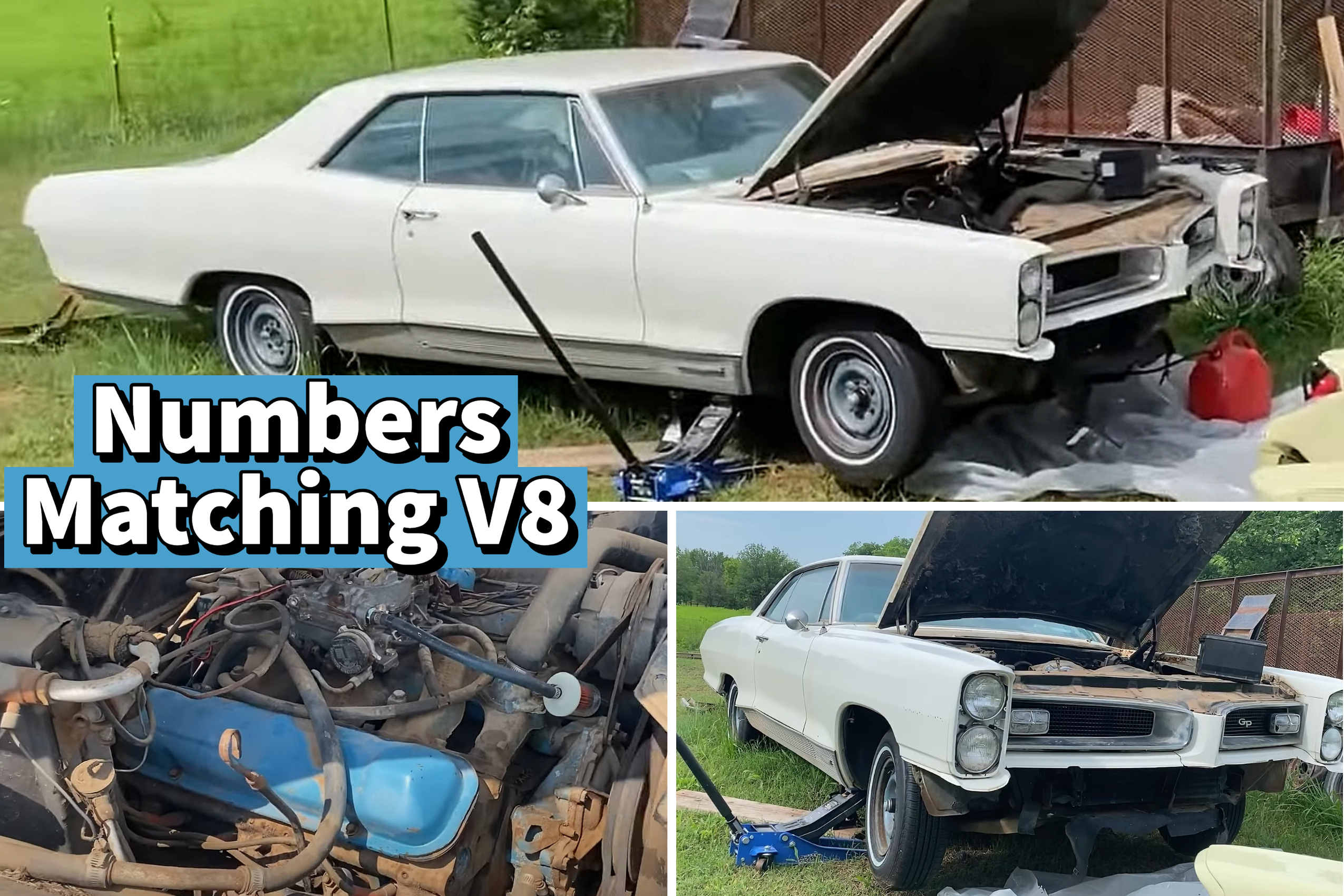When it comes to 1960s Pontiacs, it’s the GTO that gets all the attention in the classic car market. But that’s not surprising, given its status as the nameplate that popularized the muscle car market. However, Pontiac produced a long list of cool vehicles around the same time. The Grand Prix is one of them.
Introduced in 1962, about a year before the GTO, the Grand Prix was Pontiac’s answer to the emerging “personal luxury car” segment. Established in the 1950s by cars like the Cadillac Eldorado, Ford Thunderbird, and Packard Carribean, the niche was joined by several manufacturers in the 1960s. Examples include the Buick Riviera, Mercury Marauder, and AMC Marlin.
Pontiac was one of the first carmakers to jump on the bandwagon in the early years of the decade. Marketed as a grand tourer and restricted to a two-door coupe layout, the Grand Prix used the Catalina coupe platform and was equipped with luxury features usually available in the longer, top-of-the-line Bonneville. Power came from Pontiac’s V8 engine lineup, but the grand tourer featured a unique grille and taillights.
One of the company’s longest-running nameplates, the Grand Prix remained in continuous production until 2008. However, Pontiac moved the car into the midsize market in 1988. The first two generations are among the most desirable iterations of the Grand Prix.
Because they’re not as sought-after as the GTOs from the same era, many of these coupes spend their retirement years in junkyards and barns. The 1966 variant you see here was last driven in 1992 and left neglected in a shed. Fortunately, the car got lucky and was rescued in 2023 after a whopping 31 years off the road.

But what’s even more impressive is that this Grand Prix is still in one piece, with no visible rust issues and complete apart from the missing front bumper. What’s more, it still packs the 389-cubic-inch (6.4-liter) V8 engine it got from the factory back in 1966. Not quite as spectacular as the 421-cubic-inch (6.9-liter) option available in 1966, but not the base version either.
Specifically, this Grand Prix left the assembly line with the four-barrel version of the 389 V8. Rated at 333 horsepower, it delivered an extra 67 horses over the base two-barrel variant. Options included a four-barrel 421 with 338 horsepower, a 421 “Tri-Power” with 356 horses, and a 421 HO mill with 375 horsepower on tap. Since the latter is quite rare, a four-barrel 389 V8 of the numbers-matching variety is spectacular, to say the least.
And besides, this Grand Prix is far from common thanks to its color combo, which brings together a white exterior and a “parchment” upholstery. Unfortunately, there’s no production breakdown based on powerplant and colors, but we’re probably looking at one of only a few hundred units made.
The even better news is that our host managed to get the V8 running again, and he’s planning on getting the Grand Prix back on the road. It might not get a restoration anytime soon, but hey, it’s a far better fate than rotting away in a shed. And I think all 1960s Ponchos are worth saving.
